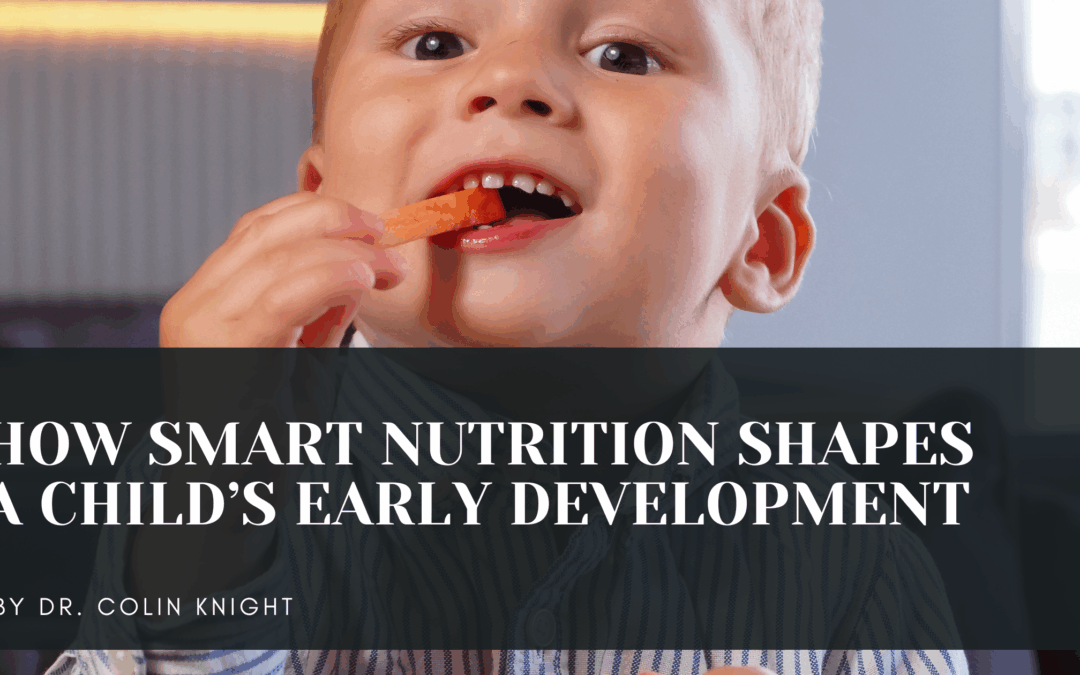Nutrition plays one of the most vital roles in shaping a child’s growth, learning, and overall well-being. The early years of life – from birth to around age five – are a period of rapid physical and cognitive development. During this crucial window, the nutrients a child receives can have lasting effects on their brain function, immune system, and even emotional health.
Smart nutrition isn’t just about eating enough; it’s about eating right. Balanced meals rich in essential nutrients such as proteins, vitamins, minerals, and healthy fats fuel the body and mind. For instance, omega-3 fatty acids, found in fish and certain seeds, are key to brain development and visual function. Iron supports oxygen transport in the blood, helping maintain energy and focus, while calcium and vitamin D strengthen growing bones and teeth.
Equally important is the role of nutrition in cognitive and emotional growth. Studies have shown that children who receive adequate nutrients tend to perform better academically, have sharper memory, and demonstrate stronger problem-solving skills. A diet lacking in key nutrients, on the other hand, can lead to slower mental development and difficulties with concentration or behavior. Even small deficiencies in vitamins like B12 or folate can affect mood and learning.
Smart nutrition also shapes lifelong habits. Introducing children early to a variety of fruits, vegetables, whole grains, and lean proteins encourages them to develop healthy preferences that last into adulthood. Mealtimes can become opportunities for education; teaching children where food comes from, how it nourishes them, and why balance matters. Parents and caregivers play a significant role in modeling these healthy eating behaviors.
Hydration, too, is often overlooked but essential. Water supports every system in the body, aiding digestion, nutrient transport, and temperature regulation. Limiting sugary drinks and promoting water or milk helps children maintain stable energy levels and reduces the risk of early obesity.
Smart nutrition isn’t just a matter of diet; it’s an investment in a child’s future. When children are well-nourished, they are more likely to thrive physically, think clearly, and feel emotionally secure. By prioritizing wholesome, balanced meals and mindful eating from the start, we lay the foundation for a generation that grows up strong, capable, and ready to learn.
Healthy eating in childhood is, quite literally, the building block of lifelong success.
